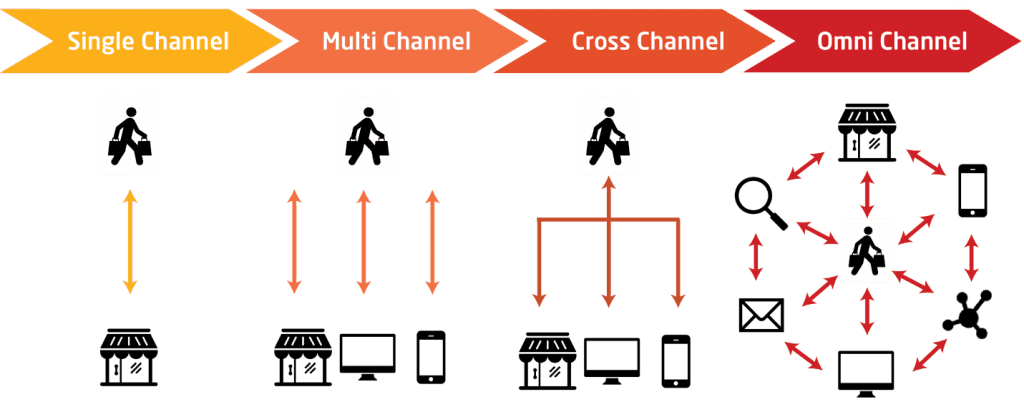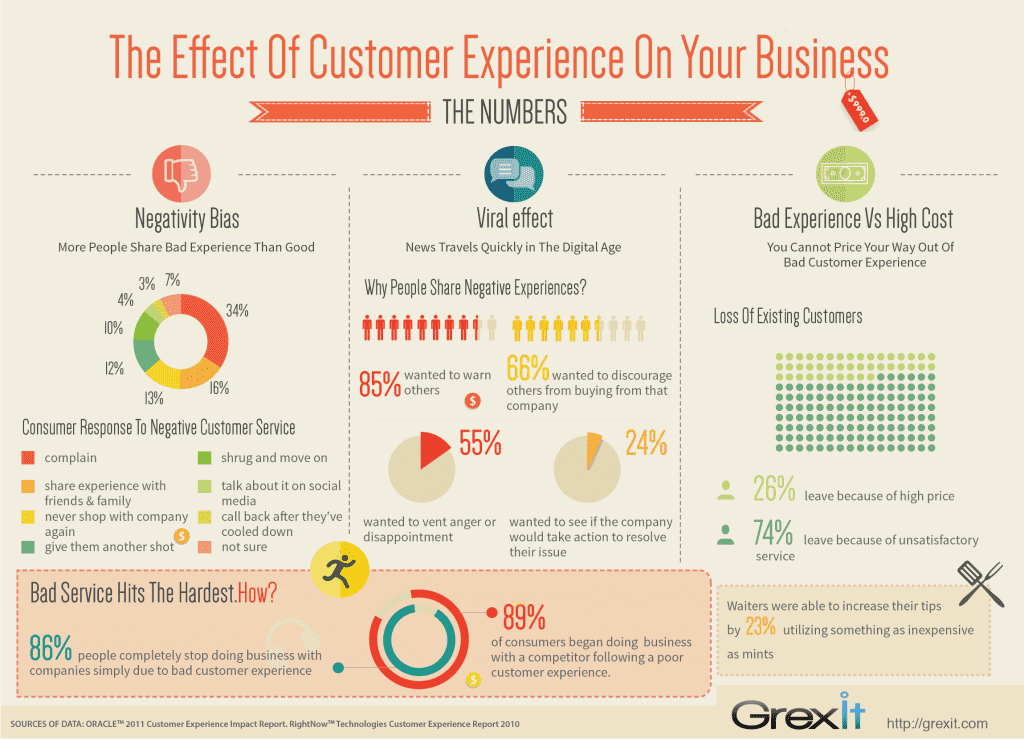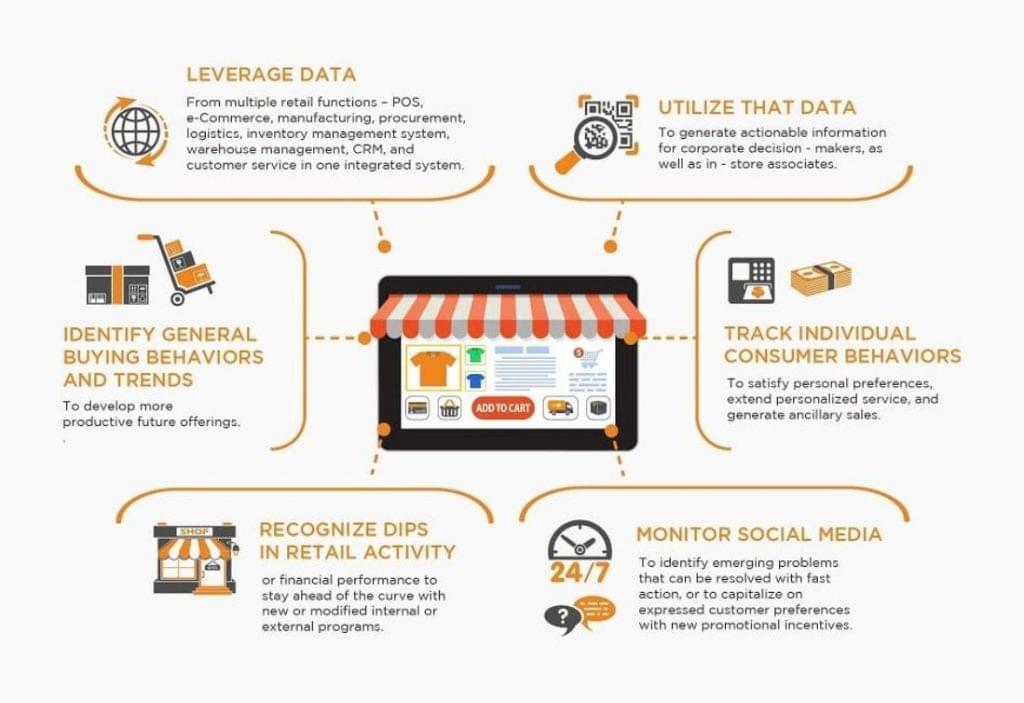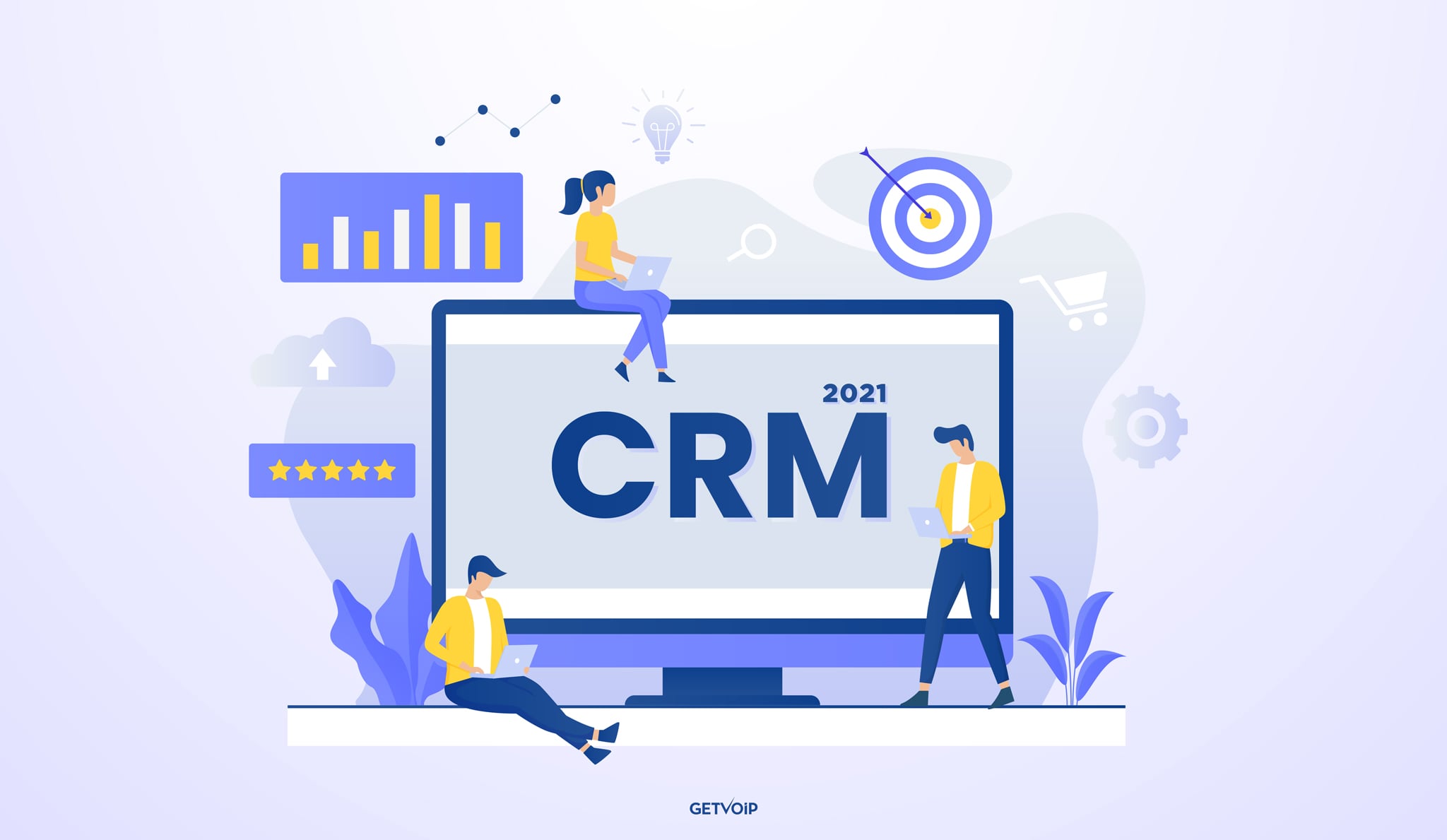Yes, I know ‘omnichannel’ isn’t new; it’s been thrown around since at least 2015 as a buzzword, and I’m not enthralled. Maybe for me it seemed people were using it too reverentially (whisper it with me, ‘omnichannel’) while the word it was meant to replace, 'multichannel', was alive and well.
Maybe I’m too traditional. I thought ‘omnichannel’ sounded a little too fanciful. Don’t get me wrong -- I love sci-fi -- but I like to keep sci-fi concepts separate from the practical world of business technology.
Yet here we are, ensconced in 2017, and my opinion has changed slightly. I’m not thrilled about it, but if we needed a word to describe the continuing orientation of business technology around producing a seamless customer experience on an individual level, 'omnichannel' is probably the word to use.
And it’s already been around for two years now. If you can't beat 'em, join 'em.

What is omnichannel?
I’ll spare you the customary blog writer etymology deconstruction. I’m sure you know what the prefix omni means, but I’ll compare the practical characteristics between omnichannel and multichannel.
Both are adjectives that often refer to business technology or operational approaches. Both include myriad communication channels between the company and its customers (or potential customers). Multichannel, which is older, originally referred to marketing campaigns that incorporated print ads (newspapers and magazines), television ads, radio ads and maybe even cold calling. Channel popularity waxed and waned, some gained prominence while others declined; people began using SMS more, radio and print media less. Numerous digital channels opened up: first came email, then instant messaging and live chat, then social media. The rise and fall of these channels spanned several overlapping years, which of course saw the growth of new technologies like smartphones, tablets, smart devices, and more recently the Internet of Things (interconnected smart devices).
Omnichannel doesn’t change the essential nature of the technology or approach of whatever had been called multichannel. Omnichannel refines multichannel; whereas multichannel incorporated discrete channels with their own messaging, and company reps struggled individually to patch any gaps that occurred when the customer switched channels, omnichannel aims to create a unified, consistent experience regardless of the channel the customer chooses and how often they switch. Ideally, all channels are included -- from calls and SMS to email, live chat, social media, instant messaging (nowadays increasingly using third-party message systems), and potentially the internet of things.
Customers have come to expect increasingly personalized service from companies. This expectation goes a long way back, and companies deploy innovative technologies to meet this expectation, like leveraging neural networks, machine learning, and natural language processing to produce AI assistants, predictive search, personalized recommendations, and more.
Omnichannel is the next stage of evolution of multichannel: it’s broader, updated in real-time, and to the end user (company employees using a technological solution to achieve an omnichannel relationship with their customers), it brings the most relevant communication channels together in one interface to create a comprehensive timeline of the company’s interaction with the customer.

What does omnichannel look like?
Here’s the tricky part: depending on who you ask, and what stage of production we’re looking at, omnichannel can refer to different things. Everyone’s co-opted the term to refer to any platform that allows them to obtain a real-time, comprehensive view of activity across multiple channels with the tools to act, or react, at arm’s length or within the platform itself. So the term omnichannel can apply as much to manufacturing, supply chains, warehousing, distribution, and a physical retail environment as much as it applies to the customer experience.
An omnichannel approach to the stages of production tends to be the province of enterprise resource planning (ERP) solutions and we focus more on the customer experience. An omnichannel approach to the customer experience (in other words, using integrated solutions to personalize and optimize the customer experience) aims to use collected and categorized customer data to market to individuals based on highly specific criteria, identify common ground for salespeople to build rapport, and expedite while humanizing the customer support experience, no matter the channel on which the request initiates or how it’s continued.
The benefits to marketing, sales and customer support can take many forms. Of course we can personalize search and social ads; omnichannel marketing also pertains to email marketing and SMS marketing according to transaction history, website visitation, email tracking, and more. It’s allowing customers to opt-in to in-store texts with information on products in their immediate proximity according to their known e-commerce tastes when they visit a physical location.
Sales reps with mobile devices in retail environments could potentially bring up a returning customer’s transaction history for recommendations on related products in stock. When it comes to B2B marketing and sales, a wealth of customer or organizational data lets agents identify individuals with buying authority, common interests drawn from social media profiles, the best time to initiate a call, and factors contributing to a closed deal.
Customer service requests can begin as social media customer support and switch to any channel the customer prefers without losing information, or the thread of conversation, even if the support agent changes. The context of customer support has largely changed to customer engagement, which is closer in line with what empowered customers expect. Given the monumental amount of data required to personally engage each customer (which no customer service department could hope to manually manage), this type of omnichannel data-driven customer engagement is more the norm than ever before, as all but the smallest mom-and-pop analog shops adopt a solution to help streamline and automate operations.
So as you can see, even within the narrower context of customer engagement, omnichannel operations take many forms. Most companies wouldn’t deploy most forms of these operations and none but the largest vendors profess to offer solutions that can be rolled out, customized, and integrated with the right partners to provide the right features to the right users at the right times. Suffice to say, we’re a long, long way from the idealized, truly omnichannel age in which every customer interaction floats into the ether and is dissected, analyzed, and made accessible to relevant parties on the fly… but every innovation in business tech seems to bring us a little closer to some sci-fi realization of what that might actually look like.

How does CRM factor into omnichannel operations?
Earlier, we mentioned the role of data in customer-facing operations -- marketing, sales and customer support. These are intended to optimize the customer experience so new customers are satisfied in every stage of the customer journey and become returning customers. As ZDNet contributor and CRM author Paul Greenberg observed in his recent article, “A Company Like Me: Beyond Customer-Centric to Customer-Engaged,” customers today prefer relationships with companies that they trust -- ones that show sincerity, respect, and empathy during customer interactions and engagement with communities.
“But the data is used to induce customers to buy,” one muses. “Is this not inherently cynical?”
Profit is the end of any commercial enterprise, but not the only end. Companies are judged by the manner in which business is conducted, their footprint on communities and the environment, the benefits they offer their employees. Reasonable adults accept that goods and services don’t make themselves, and those taking it upon themselves to furnish these commodities deserve to walk away with enough to make it worth their while.
“Okay," one continues, “but what do conscientious business practices have to do with CRM?”
The type of data and where it’s stored are essentially the foundation for customer engagement at scale. Were digital marketing tools equal -- tracking, segmentation, lead qualification and automation -- then the CRM, as the interface through which human insight becomes actionable business intelligence, can act as the differentiator that adds a human element to a customer engagement strategy and makes the relationship more than transactional. In combination with a cogent engagement campaign strategy with KPIs, goals, benchmarks, and practices to ensure data integrity, even ordinary tools like custom tags and custom fields provide an opportunity to ensure customer interactions feel more than ‘strictly business’.
It’s not contradictory as a commercial entity to strive for strong quarterly and year-over-year performance in addition to customer awareness of your positive engagement and community outreach. But authenticity is key. You build the latter one brick by brick, but the process is streamlined with modern business tech and human input, and your CRM is where the two intersect.
So the role of CRM in an omnichannel world is not to create it. Your CRM contributes to your real-time operational insights across channels, and in some ways provides a channel to respond to them, like steering a social media customer service complaint into a private channel to head off negative publicity. However, the true value of CRM in an omnichannel world is to infuse customer interactions with personality and empathy, which are crucial differentiators for the modern customer who has already come to expect convenience, speed, and consistency.
For user reviews and insights for CRM solutions, check out our free CRM comparison chart.



